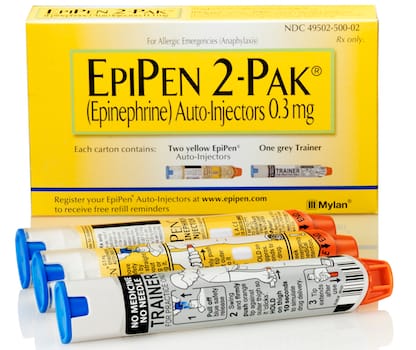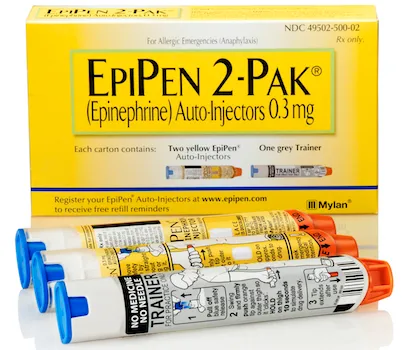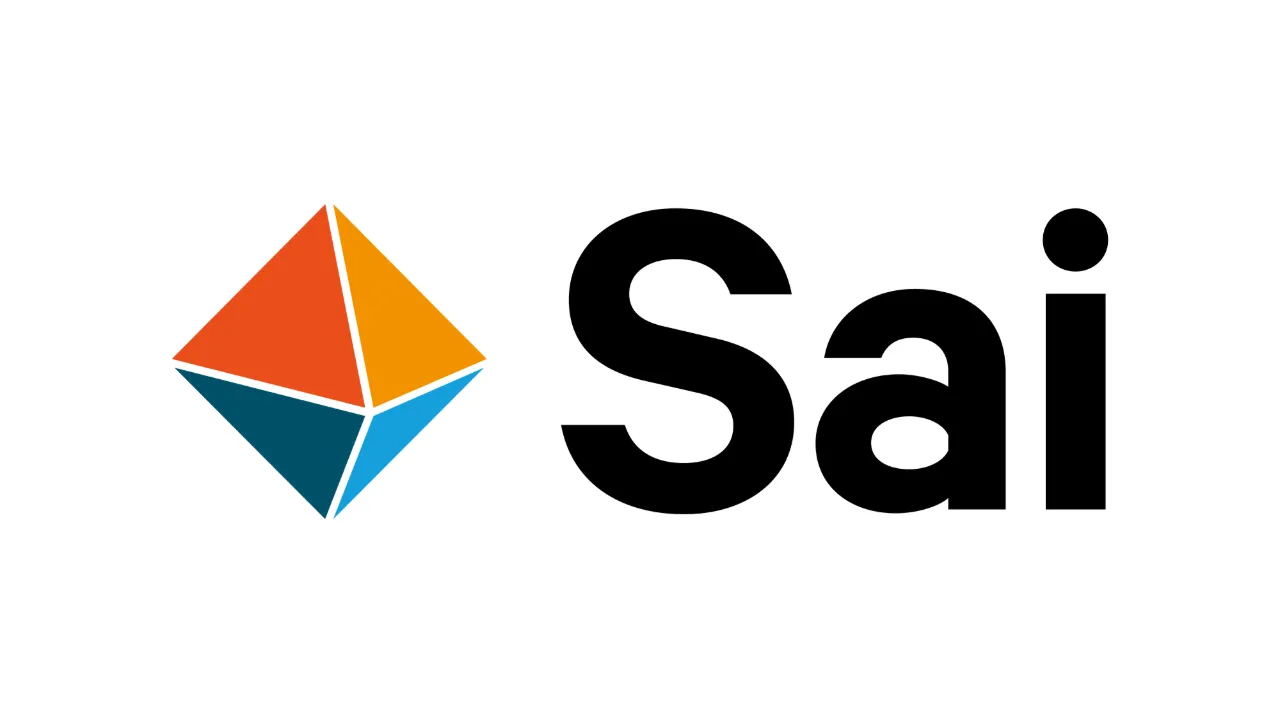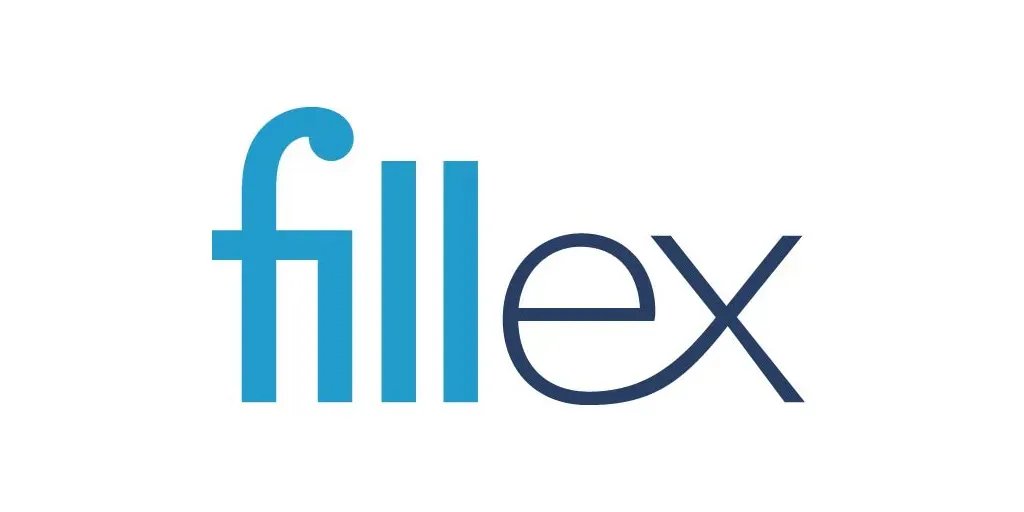NEW YORK — Senate leaders have voiced concerns about a price surge for Mylan Inc.’s EpiPen, an epinephrine auto-injector for treating anaphylaxis, or potentially life-threatening allergic reactions.
Sen. Chuck Grassley (R, Iowa), chairman of the Senate Judiciary Committee, and Sens. Susan Collins (R., Maine) and Claire McCaskill (D., Mo.), chairman and ranking member of the Senate Aging Committee, this week sent letters to Mylan chief executive officer Heather Bresch to explain what they called a more than 400% price increase for EpiPen since the drug maker acquired the product in 2007.

“In the case of EpiPens, I am concerned that the substantial price increase could limit access to a much-needed medication,” Grassley wrote in his letter to Mylan. “In addition, it could create an unsafe situation for patients as people, untrained in medical procedures, are incentivized to make their own kits from raw materials.”
Collins, McCaskill and Sen. Amy Klobuchar (D., Minn.) said EpiPen pricing reportedly has swelled from just over $100 for a two-injector pack in 2008 to $500 or even $600 today.
“For much of its product life, EpiPen was an affordable solution to a matter of life and death. It allowed countless Americans to save the lives of individuals suffering from allergic reactions that kill in a matter of minutes,” Collins and McCaskill’s letter to Mylan read. “We are concerned that these drastic price increases could have a serious effect on the health and well-being of everyday Americans. There have been numerous accounts of individuals who are simply unable to afford this life-saving medication and, as a consequence, have gone without, risked using an expired product or resorted to uncertain (but less expensive) treatments.”
Klobuchar, ranking member of the Senate Judiciary Committee’s Antitrust Subcommittee, wrote a letter to the Federal Trade Commission calling for probe of Mylan for possible antitrust violations considering the dramatic price hike in EpiPen packs. She also has urged the Senate Judiciary Committee to hold a hearing on the matter.
“Many Americans, including my own daughter, rely on this life-saving product to treat severe allergic reactions,” Klobuchar stated. “The FTC should investigate whether Mylan Pharmaceuticals engaged in activity, such as using incentives or exclusionary contracts with insurers, distributors or pharmacies, to deny an alternative product access to the market. While the Senate Judiciary committee should explore both the potential consumer and antitrust violations that could be involved here, I ask that within 90 days you provide any guidance or policy proposals to make these markets more competitive and eliminate the ability of some drug manufacturers to reap windfall profits at the expense of consumers who need access to life-saving products.”
In response to lawmakers’ concerns, Mylan this week released a statement outlining its efforts to facilitate EpiPen access and provide the medication at a discount or no charge.
“Mylan has worked tirelessly over the past several years advocating for increased anaphylaxis awareness, preparedness and access to treatment for those living with potentially life-threatening allergies. Ensuring access to epinephrine — the only first-line treatment for anaphylaxis — is a core part of our mission,” the company stated. “We are proud of the programs which we have implemented over the past several years to help support access to treatment, including our My EpiPen Savings Card, a patient assistance program, and the EpiPen4Schools program, which provides free EpiPen Auto-Injectors to U.S. schools.”
The My EpiPen Savings Card provides up to $100 savings for each EpiPen 2-Pak carton per prescription, up to three EpiPen 2-Pak or EpiPen Jr 2-Pak cartons. Mylan reported that last year nearly 80% of commercially insured patients using the My EpiPen Savings Card received EpiPen at no cost.
The School Access to Emergency Epinephrine Act, enacted in 2013, gives states an incentive boost the stockpile of epinephrine at schools, and some states require public schools to have epinephrine on hand. Mylan said that since the start of the EpiPen4Schools initiative in 2012, more than 700,000 free EpiPen Auto-Injectors have been distributed, and over 65,000 schools — about half of all U.S. schools — have participated in the program.
“Today, nearly 250 million insured Americans have access to EpiPen Auto-Injector,” Mylan stated. “This is a result of our work with a variety of parties such as wholesalers, pharmacy retailers, and payors, including pharmacy benefit managers and managed care organizations, to help provide the best access to treatment for patients.”
Mylan added that it recognizes the increased cost burden that many consumers are bearing due to shifts in the health insurance landscape. “This new change to the industry is not an easy challenge to address, but we recognize the need and are committed to working with customers and payors to find solutions to meet the needs of the patients and families we serve,” the company said.
Also in a letter this week to Mylan’s Bresch, Sen. Richard Blumenthal (D., Conn.), a member of the Senate judiciary and aging committees, demanded a price reduction for EpiPen. He said his office has fielded complaints from residents, families and emergency medical workers about the increased price of EpiPen and the cost for replacing expired product.
“In order to ensure the efficacy of epinephrine, it is recommended that the drug be replaced each year, making an EpiPen purchase an annual burden for many,” Blumenthal wrote in his letter to Mylan. “Due to the abundance of reports coming from consumers and first responders struggling with the high price of EpiPens, I am calling on you to immediately lower the price of your product to an affordable level that truly allows for expanded accessibility,” he added. “I look forward to your response and hope we can work together to bring the price of Mylan’s life-saving product back down to a reasonable level.”









